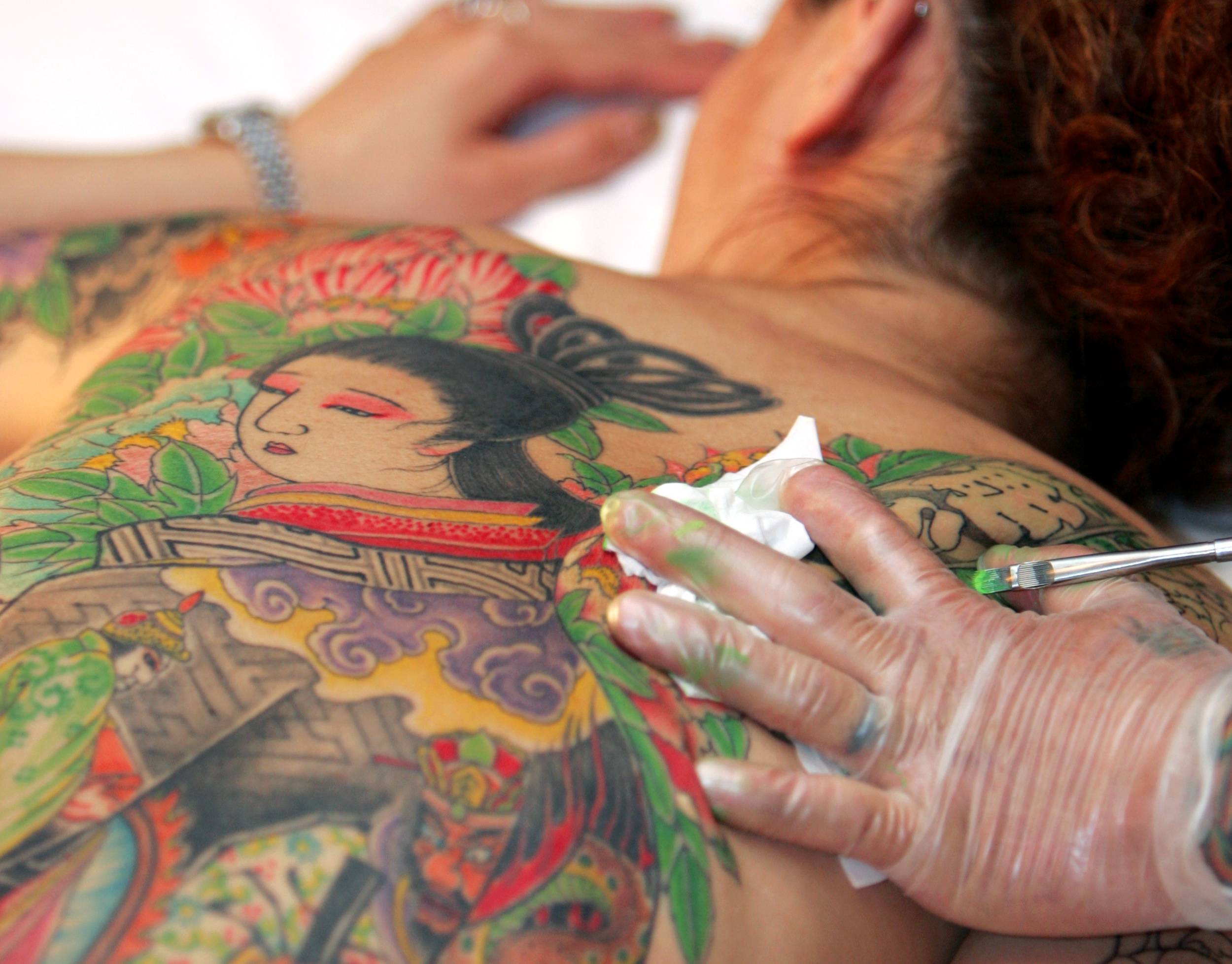Tattoo artists do not need to be doctors. That is the gist of a Sept. 16, 2020 Supreme Court decision conclusively squelching an absurd prosecution based on the farcical proposition that they do. That such a prosecution was even brought — and contested all the way to the top court by prosecutors after already losing once on appeal — reveals a great deal about how courts and industry regulations interact.
People with tattoos are banned from Japan’s public baths and other spaces in no small part due to the association of ink with organized crime and marginal communities. It might thus seem tempting to see the case as an effort to combat yakuza by banning an art form they seem to like. In reality, though, it was probably just about industry regulation, or the lack thereof in the case of tattooing. Getting a tattoo is painful (I hear), but seeing a profession and sphere of commerce go unregulated seems to be a source of pain to some bureaucrats.
Taiki Masuda, a tattoo artist, was prosecuted for violating Article 17 of the Medical Practitioner’s Act, which says “[n]o person except a medical practitioner shall engage in medical practice.” Not being a licensed doctor, Masuda was convicted at his first trial in 2017, and sentenced to a fine. Remember, in Japan pretty much everyone is convicted if prosecutors go to the trouble of bringing charges.



















With your current subscription plan you can comment on stories. However, before writing your first comment, please create a display name in the Profile section of your subscriber account page.